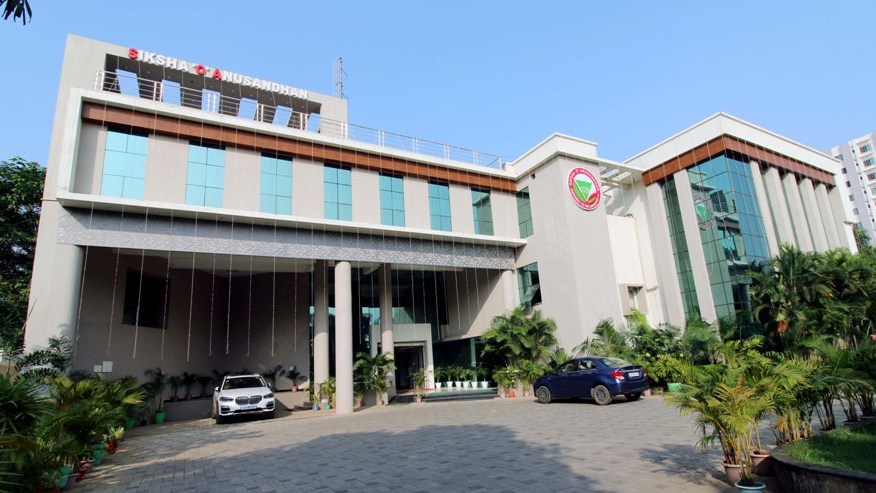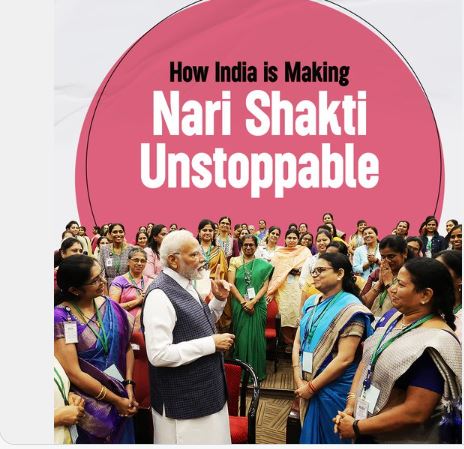India and Pakistan can bridge gaps to save glaciers in Gilgit- Baltistan
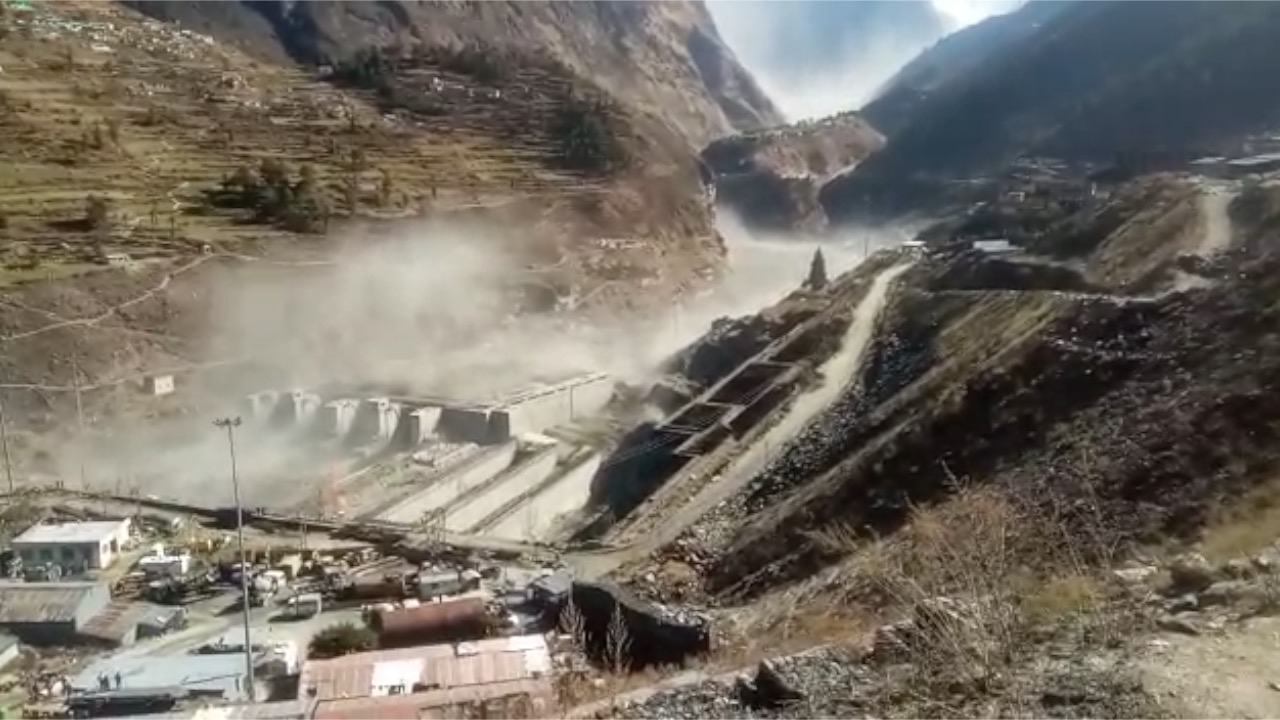
Arun Joshi There are unbridgeable gaps between India and Pakistan on a host of issues and both countries have been turning their back to each other on the crucial matters of common interest because their stated positions on Kashmir and terrorism have no meeting ground, but there is one area which neither Delhi nor Islamabad can avoid: climate change induced melting of glaciers. The two countries have no option but to cooperate with each other in exploring the ways, scientific tools and endless efforts to save the glaciers. Pakistan’s environmentalists are in a state of panic as they are watching the melting of glaciers, flood of waters and destruction of fields, strategic highways and civilian properties. The latest in line was the outburst of Shishper glacier in Hunza Valley in Gilgit-Baltistan on May 7. The outburst destroyed structures and inundated fields in the ecologically fragile areas up in the mountains Shishper glacier has witnessed outburst for the fourth time since 2019. Gilgit-Baltistan was part of the erstwhile princely state of Jammu and Kashmir, which now has fragmented physical identity: two union territories of J&K and Ladakh on the Indian side of the Line of Control, which many take fancy to describing as the dividing line between the Indian and Pakistani parts of J&K, Pakistan occupied Jammu and Kashmir and Gilgit Baltistan in 1947. Historically, the erstwhile princely state under the Dogra rule till 1947 is having five different names and characters. But what unites them is the huge reservoir of glaciers in high mountains, particularly in Gilgit -Baltistan. The damage that the outburst of glacier has caused – wiping out a critically important bridge on Karakorum highway, the lifeline of China and Pakistan, and the houses swept by the floodwaters, would be repaired in due course of time, but the glacier would stand damaged forever. India has an extra stake in checking the melting of glaciers in the region, up in the mountains, because in Gilgit-Baltistan, China is having its deep footprints. It is a matter of security concern for India. But India can extend hand of cooperation to save the natural assets to Pakistan to preempt China. There is a political map and there are lines highlighting the political sovereignty, these maps however have not underlined importance of the glaciers for our rivers and water security of the population. The climate change effecting changes in the glaciers, reducing their size and life , should be of immense concern for all. The glacial melting in Hunza should have India worried more than Pakistan .India’s stakes in the glaciers are higher because the rivers bring to us the waters, irrigate our fields and ensure our food security. This is known to all, but what should be done to save the glaciers in Himalayas . There is a need for international cooperation One way out is, India and Pakistan should sit together and work out arrangements for saving the glacial assets and the water resources thereof. Pakistan alone cannot tackle this crisis, despite the fact that the country did a wonderful job in planting trees , and, in all fairness it should be said that the think tanks there are working conscientiously to document the threats posed by the climate change, population explosion, and the strain that these pressures are bringing on the water sources and food security > Their reports are quite candid. India has strategic interest too. The territory of Gilgit Baltistan spread over to 72,971 sq. kms belongs to India , though Delhi has been very reticent in laying its claims. Barring few diplomatic noises, there is not much of the effort on the part of India to claim the crucially important and strategically crucial territory, which is home to numerous glaciers, the source of water and food security. Given as the situation is today, it is for India to take cognizance of the melting of glacier. This will help it strategically in staking its claim over the water resources. At the same time, as the current situation dictates, Delhi would have to work together with Pakistan to do so. Pakistan alone cannot resolve this crisis on its own for it is too preoccupied with its political, economic crisis that some observers are wondering whether the country is heading toward anarchy. India has to step forward and save the water assets . The disasters caused by the melting of glaciers will threaten the whole region . It can cause devastation .India and Pakistan must devise a joint strategy to save the glaciers before the effects of climate change consume them. Neither India nor Pakistan should sit on national prestige, rather they should exchange notes, knowledge and tools to save the natural assets. About the Author: Arun Joshi is a senior journalist based in J&K. He has worked with Hindustan Times, Times of India, Indian Express, and The Tribune. He has authored “ Eyewitness Kashmir: Teetering on Nuclear War” and three other books. DISCLAIMER This is the personal opinion of the author. The views expressed in this write up have nothing to do with those of prameyanews.com.
Latest News
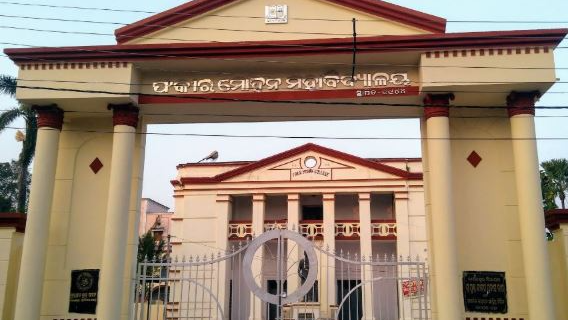
Odisha govt launches high-level investigation...
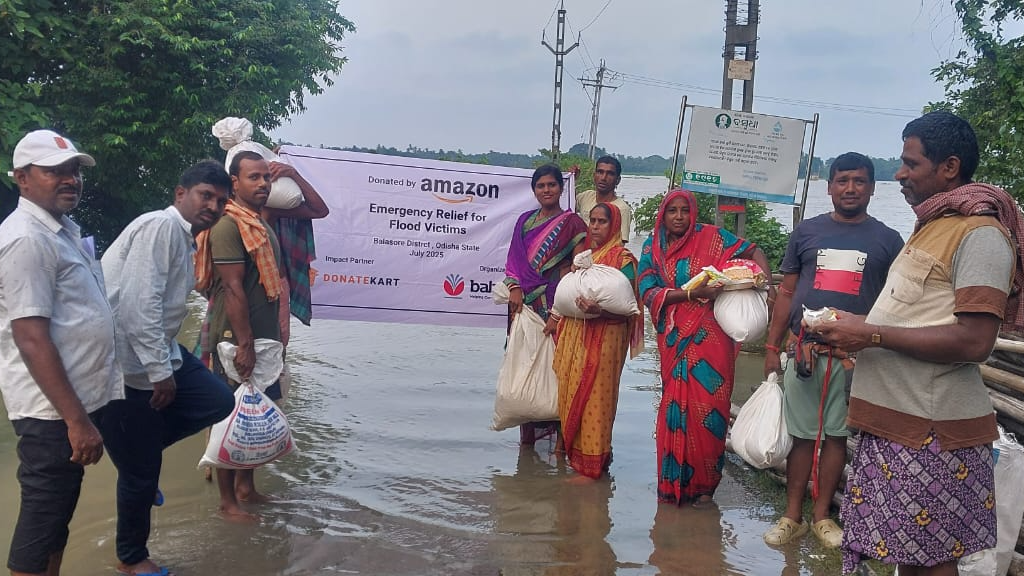
Odisha: Bala Vikasa & Amazon provide essential...

Iga Swiatek Blanks Opponent 6-0, 6-0 to Win Ma...

Mexico's Plan to Cut U.S. Milk Powder Imports...

Odisha: Over 40 Ravenshaw University students...

Odisha: Web journalist brutally hacked to deat...

Rahul's Century Anchors India as Lord's Test H...
Copyright © 2024 - Summa Real Media Private Limited. All Rights Reserved.









